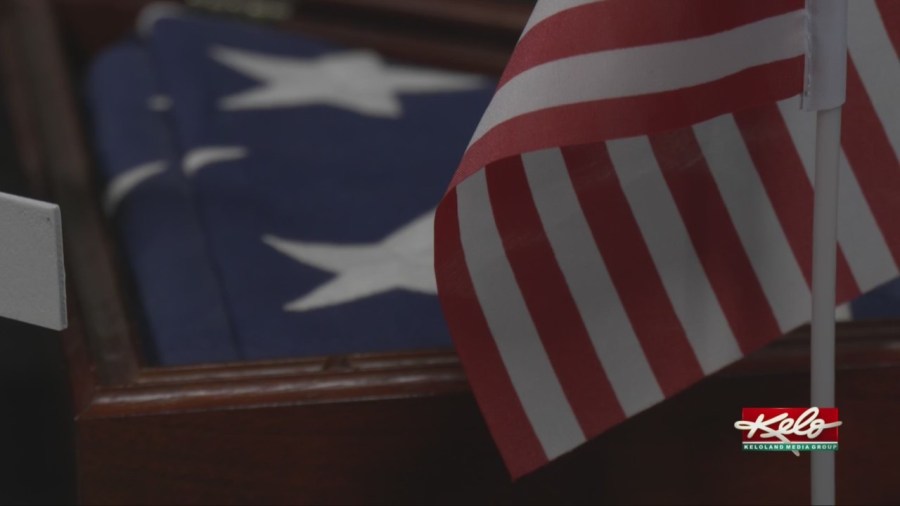SIOUX FALLS, S.D. (KELO) — September is suicide prevention month; a time to raise awareness about the crisis.
We’ve heard from a lot of families over the past few weeks who have lost loved ones to suicide.
But an alarming number of our military veterans also suffer from mental health issues.
Suicide among our veterans is more prevalent than most of us know.
Carla Covrig lost her dad, who was a Vietnam Veteran, to suicide 30 years ago.
“I was only eight years old when that happened, so I really don’t remember a lot of it, but I know it was really hard on our family,” Covrig said.
Even harder was the fact that Covrig also lost her younger sister to suicide.
Megan was only 27 years old.
“I had no idea she was struggling with depression, I always thought she was very happy she was always busy, so I had no idea she would have done this to herself,” Covrig said.
Covrig says when someone dies by suicide they transfer their pain to their families.
“You go through a lot of emotions, your sadness, guilt, anger how can somebody do this and leave so many loved ones behind,” said Covrig.
She found help through the Helpline Center by taking classes for 10 weeks to help her deal with those emotions.
“Just knowing there are other people who have gone through this and you have that family who can understand what you’re going through is really nice to have,” Covrig said.
The South Dakota Military Heritage Alliance has a program to help anyone with suicidal thoughts, they call it a journey to health.
This hallway is lined with 22 silhouettes of service members that signifies the number of veterans who die by suicide every day.
But those numbers don’t tell the whole story.
“Everybody hears the number 22 a day veterans dying by suicides across the country, but there’s more than that, it’s in our own backyard, they don’t realize there is 25 a year in South Dakota veterans that commit suicide,” South Dakota Military Heritage Alliance executive director Brian Phelps said.
His staff, who he says are all trained to deal with mental health issues, all wear buttons that can start the conversation. Are you Okay?
“For example, my servers down in the restaurant will stop serving and sit down with a veteran and we don’t just give them a card and tell them to call the Helpline Center, which is a great resource, but we will visit with them first and make sure they are at a place where they can talk to the Helpline Center or talk to the Military Affairs people and get the help they are looking for,” Phelps said.
If you or someone you know is dealing with mental health issues, there’s help available at the Helpline Center by calling 988.


